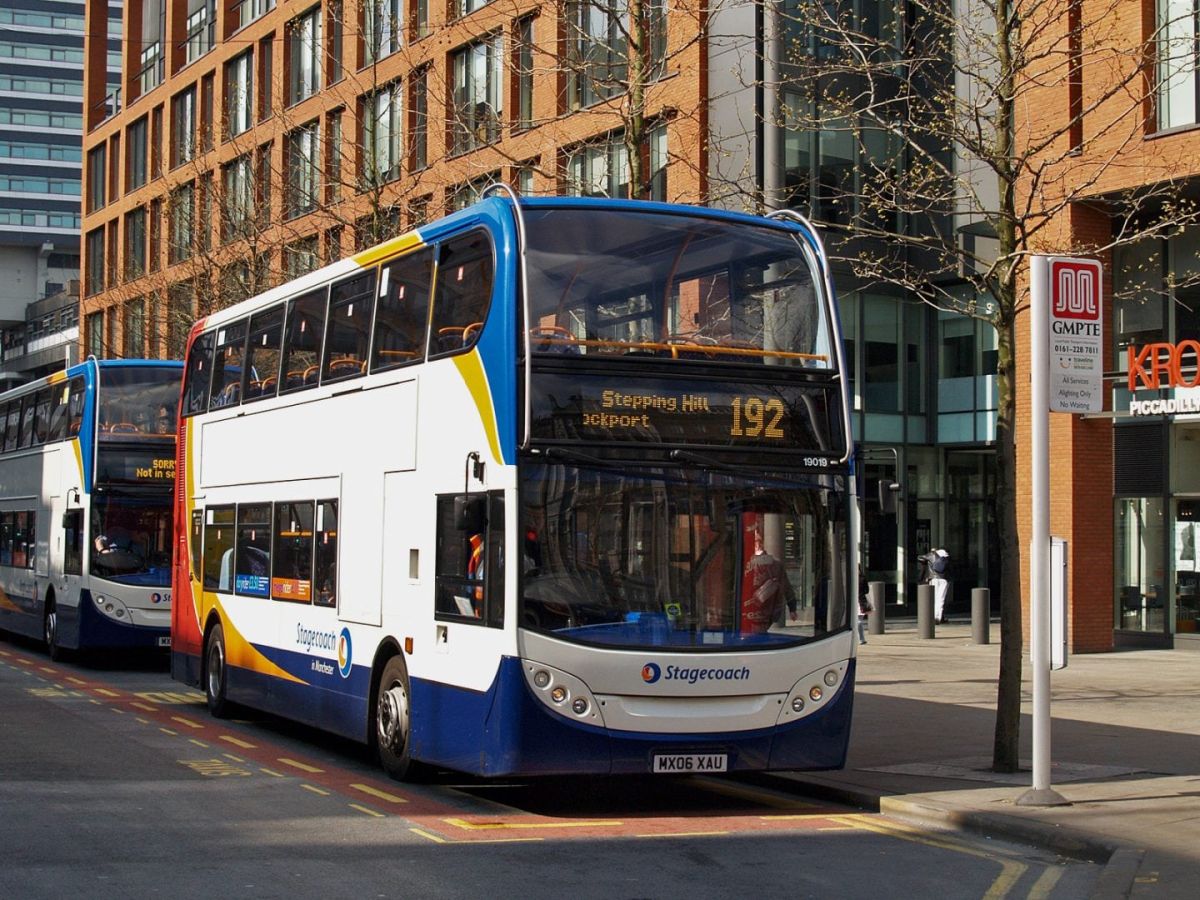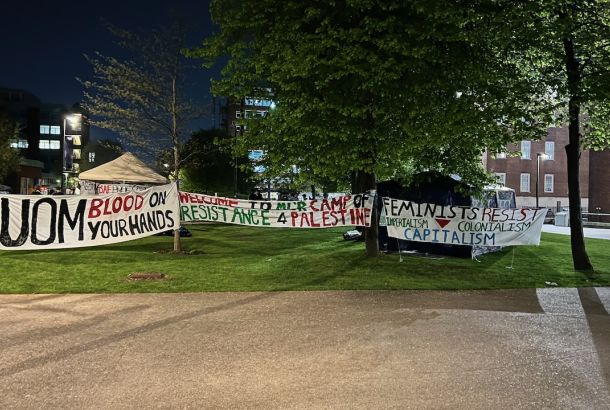Burnham calls for ‘clean air zones’ in Manchester to help eliminate dangerous gases
By Emily Broncz

Andy Burnham has announced plans to introduce a clean air zone (CAZ) in Manchester in order to help tackle the growing levels of dangerous gases in the city.
A government report from July 2017 has ordered many local authorities, including Manchester, to consider methods which would see levels of harmful gases, such as nitrous dioxide (NO2), fall into legal limits.
When speaking about the possible launch of these zones, Burnham was keen to reassure local residents that it would not be a congestion charge zone in disguise – and which was rejected at a referendum vote only ten years ago.
“Firstly, this is not a charge to use the roads – a congestion charge – but instead a penalty scheme for non-compliant vehicles. People with a compliant vehicle would have no fine to pay.”
Not all cars will be subject to paying this fee, with Manchester Evening News detailing that ‘Class D’ vehicles will be the main focus of the initiative. The ‘Class D’ category includes diesel cars, which have been named as a particular target, as their emissions have been seen to be damaging to public health and a lot worse than originally expected, with tests failing to show the full extent of their potential damage. Other vehicles set to face the charge include vans, lorries, buses, coaches, and taxis.
The World Health Organisation has also published research detailing that groups including children, the elderly, those on lower incomes, and people with pre-existing lung and heart conditions are most at risk.
Manchester Evening News has also reported that the extent of the problem is so severe that, in some parts of the city, the high levels of pollution have stopped a primary school from being able to open its windows.
The government listed one of their main priorities as finding a technique which would allow levels of NO2 to be cut in the quickest possible time to achieve legal compliance. The report also stated that these restrictions could be lifted once legal compliance has been achieved and that no further risk of breaching these limits would be possible.







